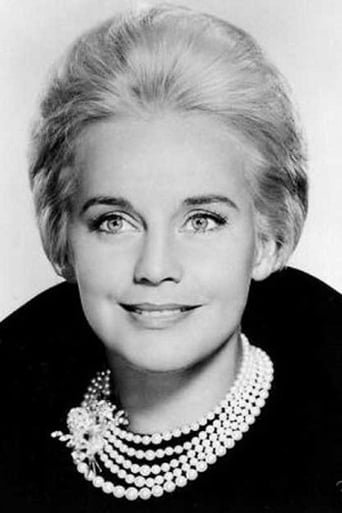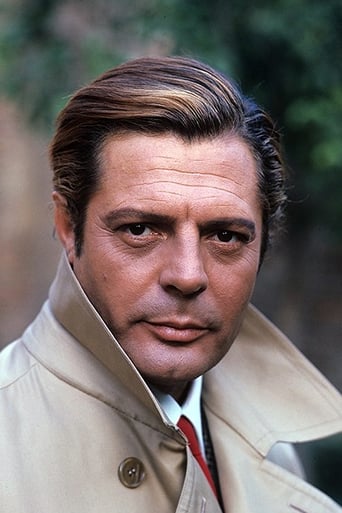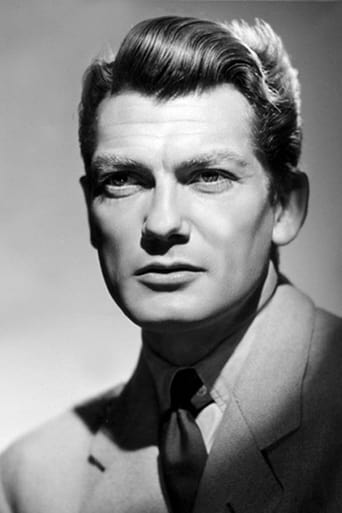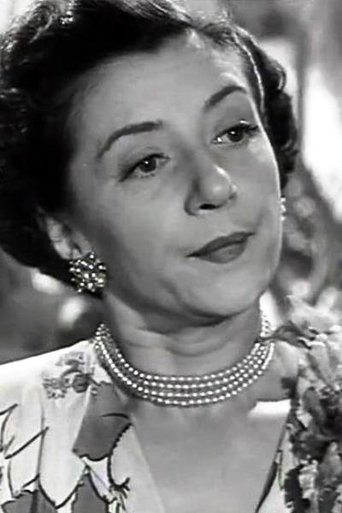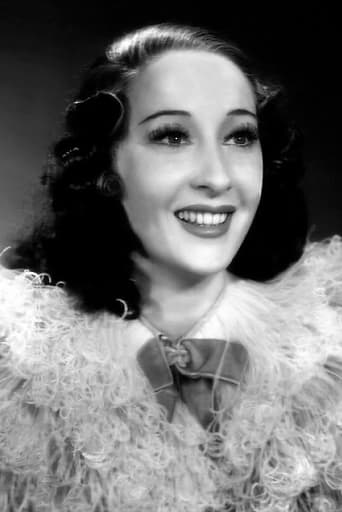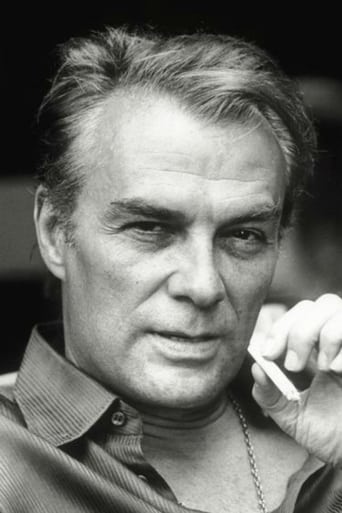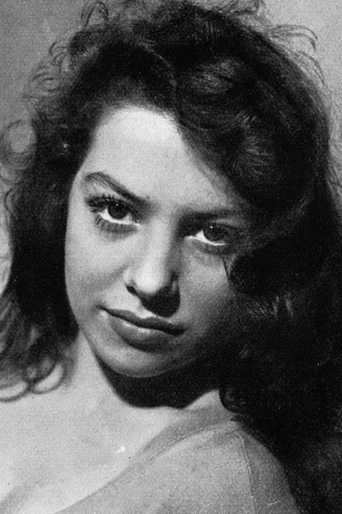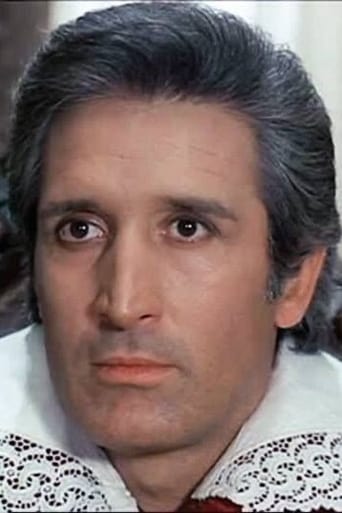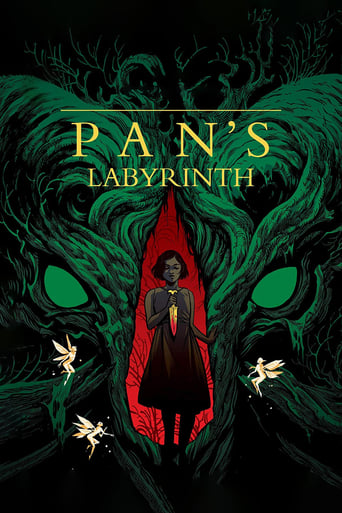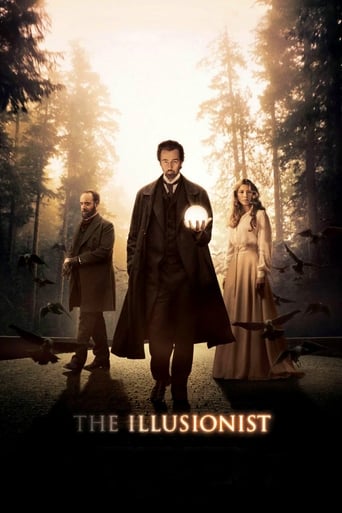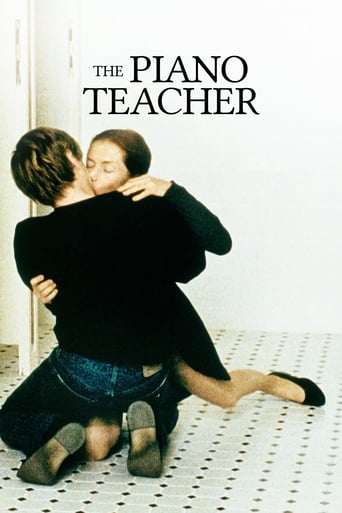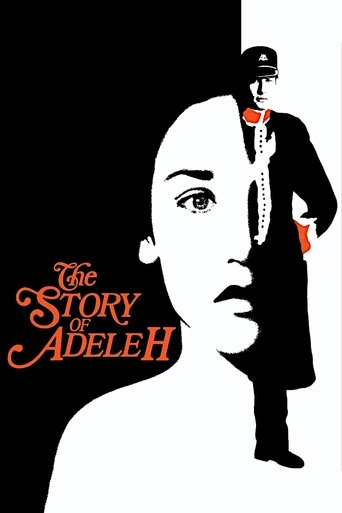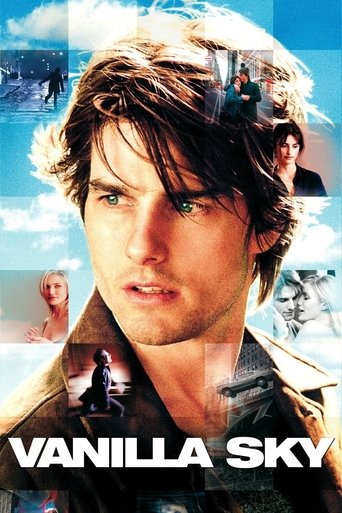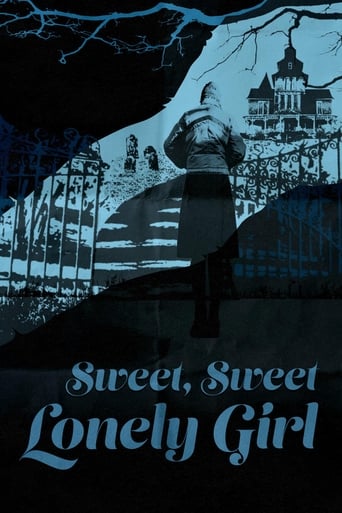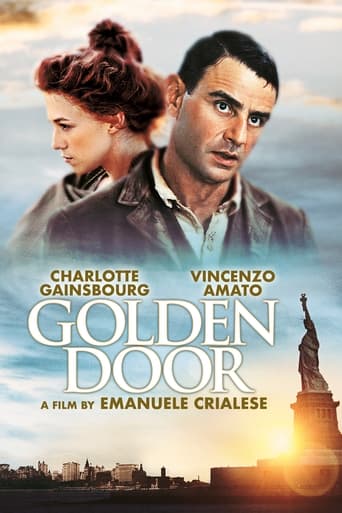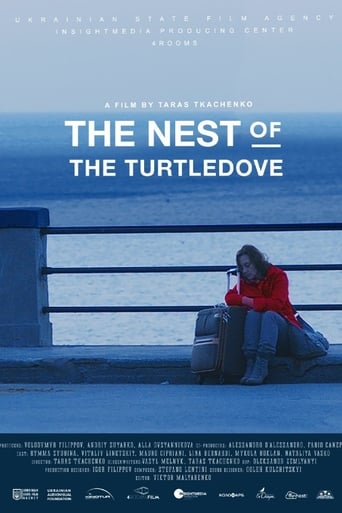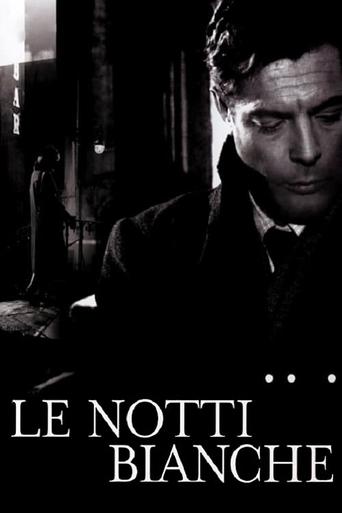
Le Notti Bianche (1957)
A middle-aged man meets a young woman who is waiting on a canal bridge for her lover's return.
- Luchino Visconti
- Gabriele Palmieri
- Vanda Tuzzi
- Albino Cocco
- Nando Cicero
- Luchino Visconti
- Suso Cecchi d'Amico
- Fyodor Dostoevsky
- Luchino Visconti
- Suso Cecchi d'Amico
Rating: 7.4/10 by 225 users
Alternative Title:
Lefkes nyhtes - GR
Um Rosto na Noite - BR
Puente entre dos vidas - AR
Puente entre dos vidas - PE
Witte Nachten - BE
白色之夜 - CN
Byakuya - JP
Белые ночи - SU
White Nights - US
Bele noci - YU
Hvite netter - NO
The White Nights - US
Country:
France
Italy
Language:
Italiano
Runtime: 01 hour 41 minutes
Budget: $0
Revenue: $0
Plot Keyword: dance, italy, love, unrequited love, older man younger woman relationship, foreign language adaptation, modern day adaptation, dostoevsky, lonely
Marcello Mastroianni espies a young woman who is waiting, patiently, by a bridge. Initially he thinks she is one of the ladies of the night but as he passes he thinks he hears her crying. Distressed, she tries to flee from him but he manages to calm her down and they chat. They agree to meet next evening, same place same time - and that's the start of this charmingly simple drama that sees "Mario" and "Natalia" (Maria Schell) begin to confide in each other and cement a bond borne out of both of their emotional desires and frustrations. We also find out just why she waits each night. There are moments of intensity and joy as this story unfolds and we see a love burgeoning. Can it ever result in anything, though? The cold wintery evenings, the snow, the canals - they all add an eerie richness to two potent performances that show the vulnerabilities of their characters, their longings, disappointments and their hopes. Visconti also amiably incorporates a sense of family into the story well too. His being more around the relationship with the loudly omnipresent, but caring, landlady of his hotel (Marcella Rovena) and her's with her ageing grandmother - who rather comically uses a safety pin to adjoin their shirts so she cannot wander off! There is comedy here, but this film also has a sadness to it. Not a melancholic one, more an inevitability that somehow you just know is going to leave one of them quite possibly worse off in the end. Dostoevsky didn't much like "happy" endings - so don't go expecting one here, but there's a delicate chemistry to enjoy between Mastroianni and Schnell.

